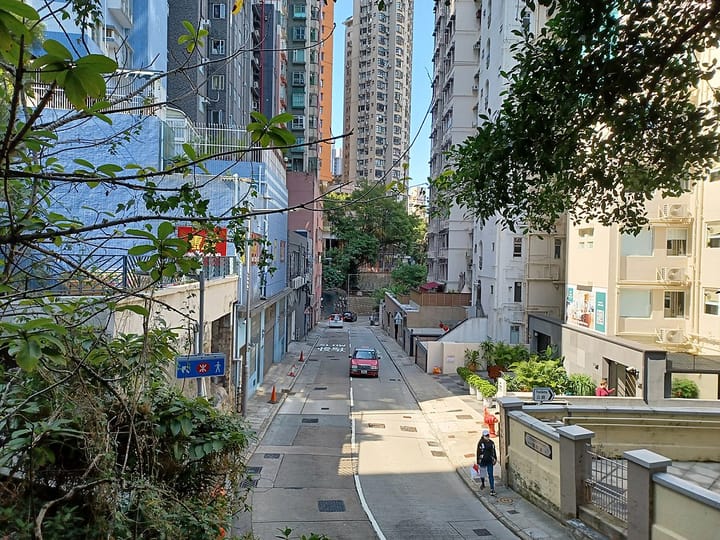Protests break out in France as government seeks to overhaul pensions

A few minutes every morning is all you need.
Stay up to date on the world's Headlines and Human Stories. It's fun, it's factual, it's fluff-free.
France is seeing prolonged protests in the face of President Emmanuel Macron’s attempt to overhaul the nation’s pension system. Macron has promised to make the system less complicated and fairer, but a number of unions argue that the changes would represent a reduction in pensions. As a result, over 800,000 people have protested and a nationwide transportation strike has created chaos.
The protests began on December 5 and have continued ever since. Protests have been backed by the country’s labor unions that oppose the government’s move to update the pension system. The French Republic’s government should be providing the details of the pension reform on Wednesday, December 11, which was expected to have been preceded by a union-organized street protest.
A complicated pension system
France’s pension system is a complex collection of rules that ensures workers receive payments after they retire. It is considered to be one of the most generous in the world, yet it involves a range of separate systems for different industries. As a result, Macron ran for president in 2017 with one of the centerpieces of his campaign being his promise to overhaul the system and simplify it.
Currently, to earn a full pension, a citizen must work 172 quarters (43 years). The official retirement age in France is 62. The pensions, which are financed by taxes, are intended to equal 75% of a worker’s wages prior to retirement. The exact pension amount depends on whether the person worked in the private or public sector. The pension of private-sector workers is based on their 25 best years of salary, while public-sector workers’ pensions are based on the last six months of pay. The division is further broken down into 42 “special regimes” that affect the size of the pension.
Cause of the discontent
Macron has vowed to get rid of the regimes and simplify the system so that everyone’s pension would be based solely on how much they have paid into the system. Currently, differing pension percentages are paid out depending on the type of work performed and some of the regimes allow for earlier retirement.
Opponents of the reforms – labor unions in particular – are concerned that the changes will reduce their industry’s pensions and result in delayed retirement. They’ve also voiced concerns over the fact that future governments could potentially increase the overall retirement age or reduce the pension amount.
Effects of the strike
A transportation strike in protest of the pension adjustments has caused disruptions throughout the country. Most high-speed trains were canceled over the weekend, as well as numerous flights, and the Paris’ train system was largely shut down. On Friday, there were about 215 miles (350 km) of traffic jams around Paris, as workers attempted to enter the city at rush hour by car.
Despite the disruptions, the government has declared it will proceed with the planned pension reforms, although it will attempt to introduce them gradually. This would mean allowing the different regimes varied schedules for converging with the new, streamlined pension system in an effort to ensure the changes aren’t too burdensome for workers.
[article_ad]




Comments ()